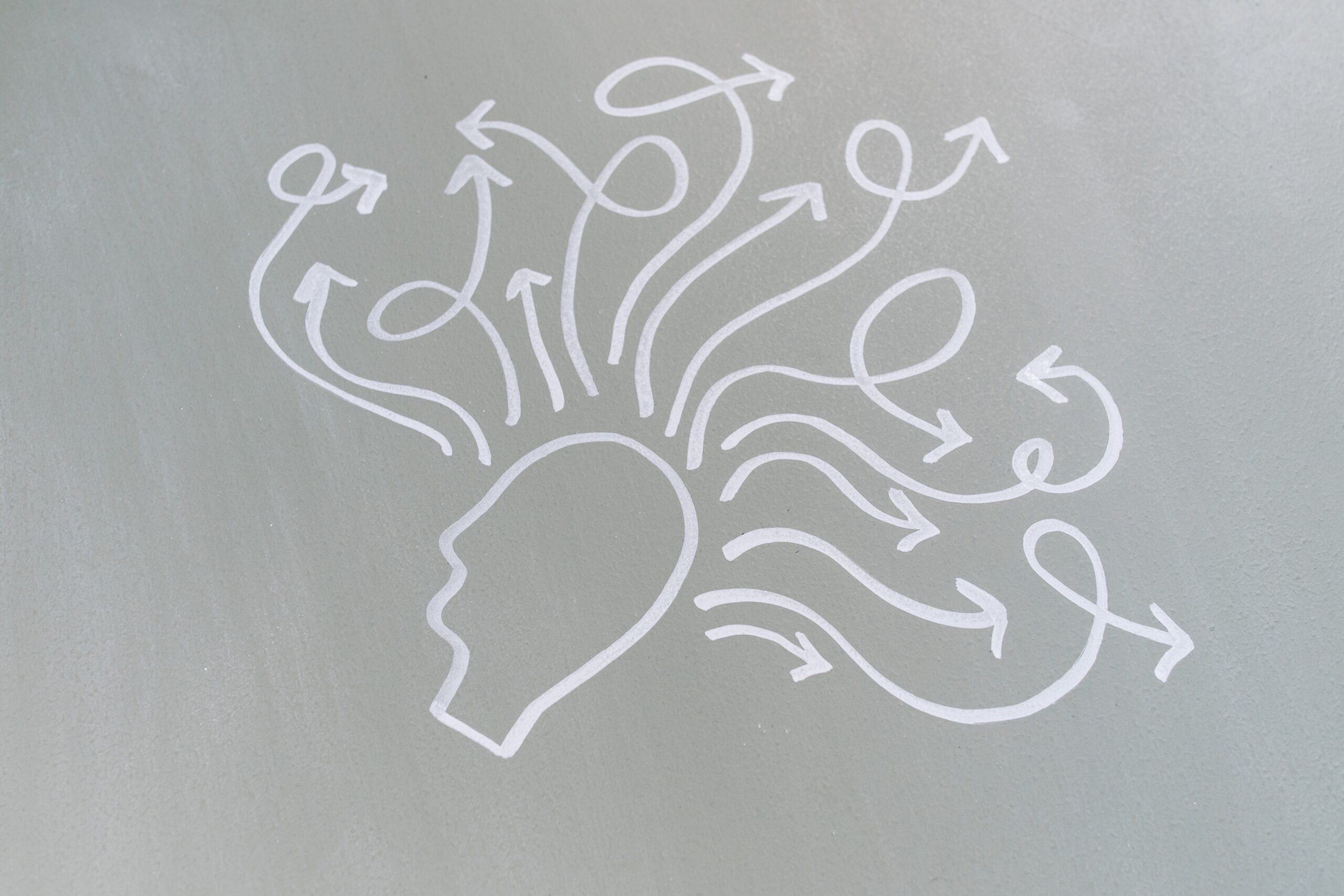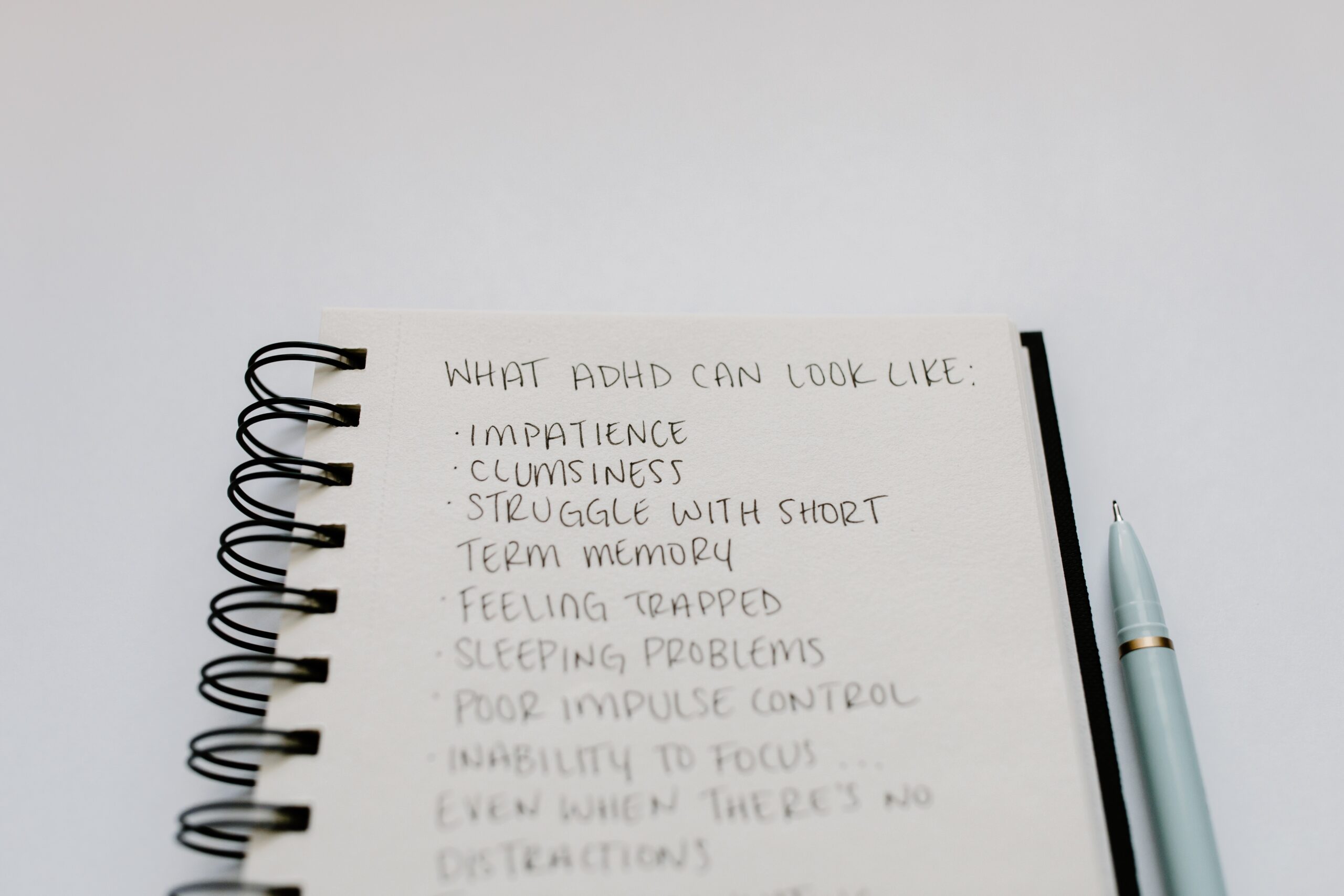Mental Health Awareness Month: Why it Matters and How to Celebrate
Mental Health Awareness Month is an annual observance held in May, dedicated to raising awareness about mental health, promoting mental wellness, and advocating for mental health policies. We Rise Therapy celebrated this month through posting informational content, and our Founder, Neha Darji, moderated a virtual mental wellness community chat through Brown Girls Health last week.
This month is particularly important because it allows us to have some time to reflect on our mental health and pause. It also gives us the chance to promote more accurate information surrounding mental illnesses. With it also being AAPI Month this month, as well as Maternal Mental Health Month, we want to emphasize the importance of recognizing these months and spreading awareness about them.

WHAT TO KNOW ABOUT MENTal health across the globe
Understanding mental health statistics is crucial for comprehending the scope of the issue. In the United States alone, millions of individuals face mental health challenges. Globally, the numbers are staggering, emphasizing the need for increased awareness and support. Moreover, it’s essential to acknowledge the disparities in mental health outcomes among different communities, such as people of color, and address these inequalities effectively.
22.8% of U.S. adults experienced mental illness in 2021 (57.8 million people). This represents 1 in 5 adults. 16.4% of Asians in the U.S. experienced mental illness, but only about a quarter of those in this group that needed support received it.
This isn’t just an issue in America, though. 970 million people around the world struggle with some mental illness or drug abuse. In 2020, only 65% of people living with a serious mental illness received treatment for it.
And, it’s only getting worse. The prevalence of all mental disorders increased by 50% worldwide from 416 million to 615 million between 1990 and 2013. Though we have seen some improvements with reducing the stigma, especially in the United States, there still is a large gap in mental health care globally.
So, why should you care? If you’re not Asian, or from an area with high stigma, you may think that some of these statistics aren’t relevant. However, these statistics show that as a country, and as a world, we need to work towards more equitable and accessible mental health services. And, that’s something you can help with. By spreading awareness, we can reduce the stigma surrounding mental illness, especially in global areas where the stigma around mental health is still staggeringly high, and create a more open environment where we are all more accepting of mental illness.

The Importance of Mental Health Awareness Month
Mental Health Awareness Month plays a pivotal role in educating the public and dispelling misconceptions surrounding mental health. By highlighting the significance of mental health, we can foster understanding, compassion, and empathy towards those who are affected. This month is also a good time to find support for mental health charities, and contribute to organizations working to support a cause you care about in the mental health space.
Furthermore, breaking down the stigma associated with mental health is crucial for creating an inclusive society that supports and embraces individuals struggling with mental health conditions. In many areas, we find that the stigma around mental illness is so high that people hesitate to ask for support. Coming from a South Asian household, I can attest to the statement that mental health is rarely spoken about in our household, and only once my sister and I pushed for conversation around it were we able to open up boundaries.
How to celebrate Mental Health Awareness Month
- Raising awareness on social media: Use your online platform to share informative posts, personal stories, and resources related to mental health. Encourage open discussions, promote understanding, and inspire others to get involved.
- Supporting mental health organizations: Donate to reputable mental health organizations or volunteer your time to support their initiatives. By contributing to these organizations, you can help make a difference in the lives of individuals seeking mental health support.
- Practicing self-care and promoting mental wellness: Prioritize your own mental health by engaging in self-care activities such as meditation, exercise, or spending time in nature. Share your self-care journey with others to inspire and encourage them to prioritize their mental wellness as well.

My Take on Mental Health
One of the best skills I’ve learned through a year and a half of therapy is the importance and practice of personal reflection on mental health. Being able to sit down and reach inside of myself to pull out past grief, trauma, and pain, and process it has helped me immensely by allowing me to let go and learn from those experiences. Taking time this month to reflect on your own mental health and truly assessing your position right now is a great way to recognize this occasion.
If you struggle with reflecting on your mental health, here are a few tips.
- Create a quiet and comfortable space: Find a peaceful environment where you can focus and relax without distractions. It could be a cozy corner in your home, a park, or anywhere that allows you to feel calm and at ease.
- Set aside dedicated time: Schedule regular periods of reflection in your routine. It can be daily, weekly, or as often as you feel necessary. Consistency is key to developing a habit of self-reflection.
- Engage in mindfulness or meditation: Practice mindfulness or meditation techniques to bring your attention to the present moment. This helps you observe your thoughts, emotions, and bodily sensations without judgment. It can provide insights into your mental state and help you identify any patterns or triggers.
- Journaling: Writing down your thoughts and feelings in a journal can be a powerful tool for self-reflection. Set aside time to write about your experiences, emotions, challenges, and accomplishments. Explore your thoughts and try to gain a deeper understanding of your inner world.
- Ask yourself probing questions: Use thought-provoking questions to guide your reflection process. Some examples include:
- How am I feeling emotionally, mentally, and physically?
- What are the sources of stress or anxiety in my life?
- What activities or situations bring me joy and fulfillment?
- Are there any negative thought patterns or beliefs that I need to address?
- How am I taking care of myself, both physically and mentally?
- What steps can I take to improve my mental well-being?
- Seek feedback and support or consider professional help: Reach out to trusted friends, family members, or mental health professionals to discuss your thoughts and feelings. They can provide valuable perspectives and insights, and their support can be instrumental in your journey of self-reflection. Therapists can also provide a safe and supportive space for you to explore your thoughts and emotions and offer personalized strategies for improvement.
In conclusion, Mental Health Awareness Month matters because it shines a light on a critical aspect of our well-being that often goes unnoticed. By raising awareness, reducing stigma, and advocating for mental health policies, we can create a more compassionate and supportive society. Let us join together to celebrate Mental Health Awareness Month by sharing knowledge, supporting one another, and prioritizing our own mental wellness. Together, we can make a difference and ensure that mental health receives the attention it deserves.
If you’re looking into therapy options, check out We Rise Therapy to learn more.

